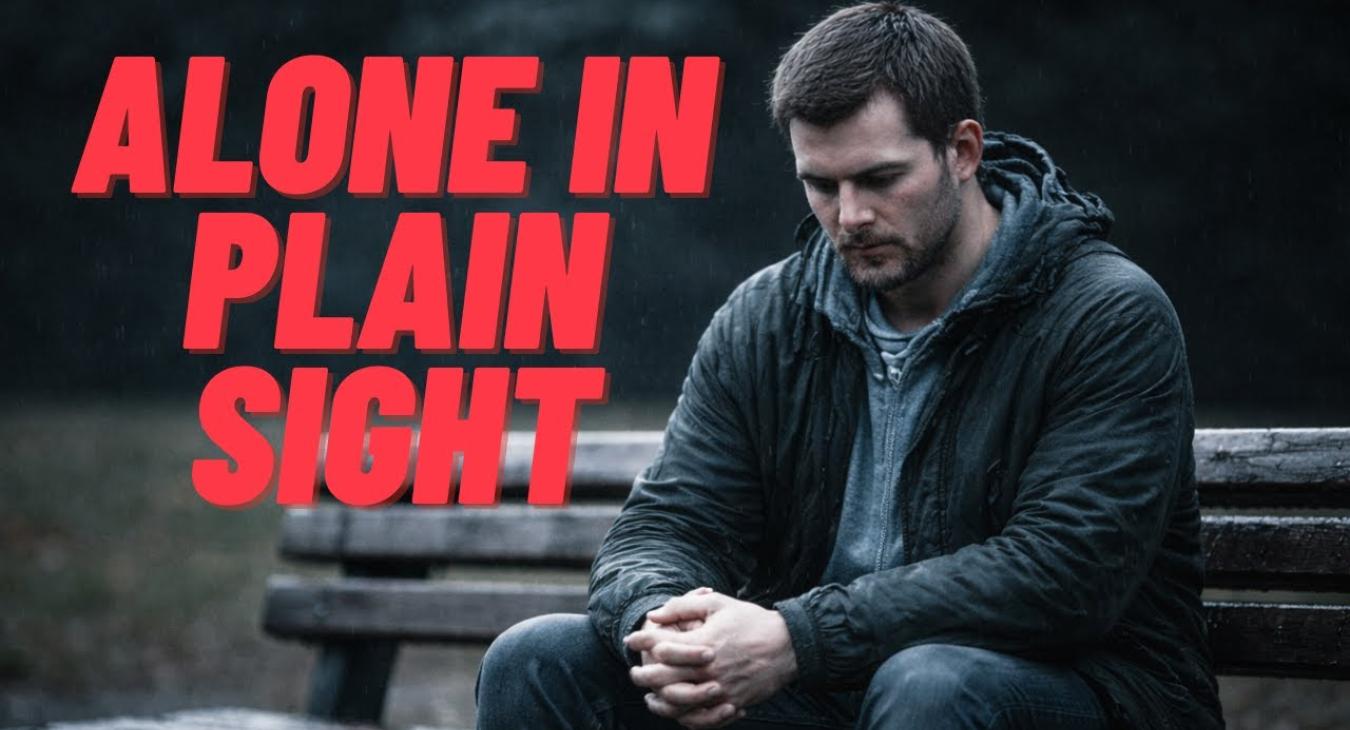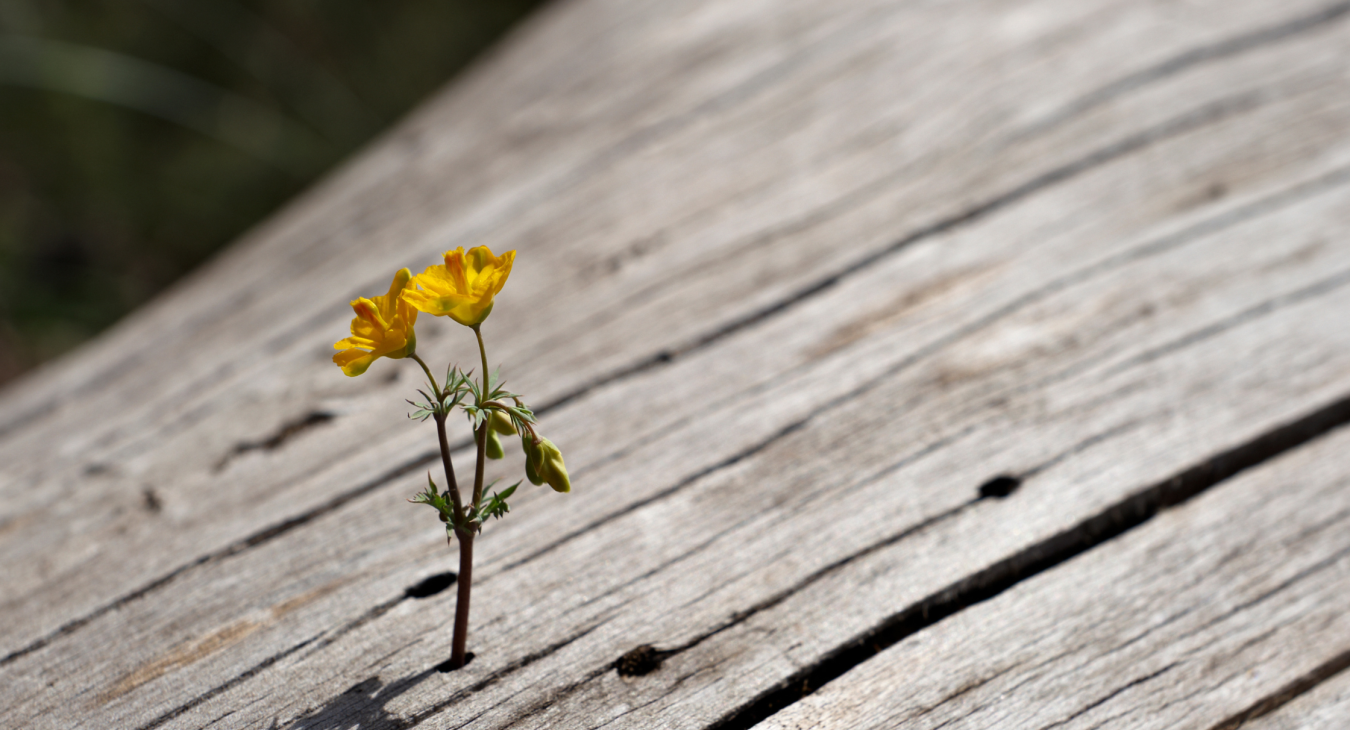The Hidden Epidemic of Male Loneliness
In a world where we’re supposedly more connected than ever, scrolling, swiping, liking, you’d think loneliness wouldn’t be such a problem. But for many men, it’s a silent epidemic. Behind the screens and smiles, the truth is painfull. Millions are struggling in isolation, and the UK is no exception.
Loneliness affects everyone, but men are especially vulnerable. Research from the Office for National Statistics (ONS) shows that while men are less likely to admit to feeling lonely than women, they experience it just as intensely. In 2022, around 2.5 million men in the UK reported feeling lonely “often or always”, a number that’s only expected to rise.
So, why is this happening?
Masculinity, Vulnerability, and Asking for Help
A big part of the answer lies in how we’re taught to “be a man.” From an early age, boys are bombarded with messages, both spoken and unspoken, about toughness, stoicism, and independence. Crying is for girls! Emotions are weakness! Man up! These outdated ideas about masculinity are everywhere from the playground and changing rooms to films and the homes we grew up.
It’s no surprise then that so many men find it hard to ask for help. Vulnerability gets internalised as failure. Reaching out feels like breaking some unspoken rule. So instead, men often bottle things up, put on a brave face, and carry on. But this only deepens the sense of disconnection.
The Mental and Physical Impact of Loneliness
Loneliness isn’t just a passing feeling, it’s a serious mental health issue. Chronic loneliness can increase the risk of depression, anxiety, and even suicidal thoughts. The stigma surrounding mental health makes it harder for men to speak up, creating a vicious cycle. Loneliness feeds poor mental health, and shame stops men from seeking support.
And it doesn’t stop with the mind. Loneliness takes a toll on the body too. Studies have linked it to increased risks of heart disease, high blood pressure, and weakened immune systems. It can be just as harmful as smoking or obesity. ‘A healthy mind exists within a healthy body’ is an ancient Greek saying. The connection between our body and our mind was a common knowledge for centuries and across many different cultures. This is something we have lost in the west following the Enlightenment but research from the last 20-30 years comes to point back to this common knowledge of our ancestors. Bad mental health has a negative effect to our physical health and vice-versa.
The social consequences are just as damaging. Loneliness makes it harder to connect with others, straining existing relationships and making new ones feel out of reach. It can lead to withdrawal, which only reinforces the isolation, like a self-fulfilling prophecy.
Finding Hope Through Connection
But it doesn’t have to be this way.
Despite how tough things can get, there is hope. Change is happening, slowly but surely. More men are beginning to talk about how they feel. More spaces are opening up where men can show up as their full selves, no mask required.
One of the most powerful tools we have is community. That’s why I run Men Walk Talk group here in Medway, a space where blokes can get together, move their bodies, and share what’s in their minds, without judgement or pressure. There’s something grounding about walking side by side, no eye contact needed, letting the conversation flow. If you’re local and curious, drop me a message or just turn up. You’d be welcome.
We need more spaces like this. Whether it’s support groups, men’s circles, counselling, or simply honest chats between mates, we need to make vulnerability normal, not shameful. We need to rewrite the script on what it means to be a man.
You Are Not Alone
And if you’re reading this and feeling like you’re the only one, please know, you’re not. Loneliness can make the world feel like it’s closing in, but things can and do change. There are people out there who care. There are ways to reconnect. You don’t have to go it alone.
So let’s talk more. Let’s check in on each other. Let’s normalise therapy, emotional support, and simply saying, “I’m not okay.” The sun will shine again, and someone out there is grateful you’re still in the fight.
George Papachristodoulou

